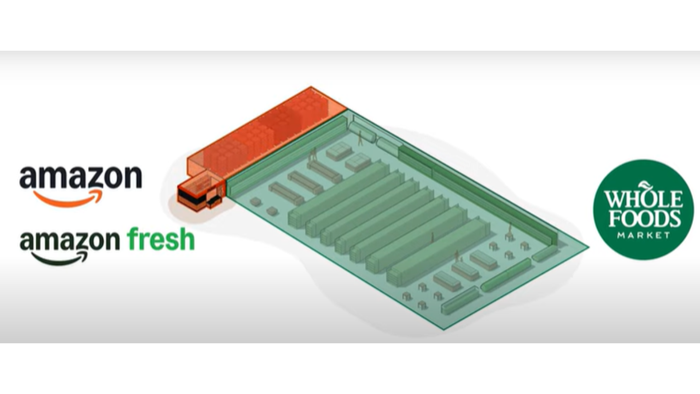Research Shows Fresh Avocado Enhances Absorption of Fat Soluble Nutrients
January 1, 2018
Recent research published in The Journal of Nutrition, says that consuming a whole fresh avocado with either an orange-colored tomato sauce or raw carrots significantly enhanced provitamin A carotenoid (alpha- and beta-carotene) absorption and conversion of these carotenoids to an active form of vitamin A. The research, “Avocado consumption enhances human post-prandial absorption and conversion from a novel high beta-carotene tomato sauce and from carrots,” conducted at The Ohio State University and supported by the Hass Avocado Board (HAB), investigated if avocados could help the body better use and absorb vitamin A from carotene-rich foods when eaten together. Specifically, the research was based on two randomized, two-way crossover feeding studies in 12 healthy men and women. The first study investigated if fresh avocado, when eaten with high beta-carotene tomato sauce, would promote the absorption of provitamin A carotenoids and the conversion of these carotenoids to an active form of vitamin A. The second study investigated the same outcome, but replaced high beta-carotene tomato sauce with raw carrots. For the first study, researchers found that compared to a tomato-sauce meal without avocado, the addition of one avocado (150 g):
More than doubled (2.4 times) beta-carotene absorption.
More than quadrupled (4.6 times) the conversion of provitamin A (inactive vitamin form) to vitamin A (active vitamin form).
Similarly, researchers found in the second study that compared to a raw carrot meal without avocado, the addition of one avocado (150 g):
Significantly increased beta-carotene absorption (6.6 times).
More than quadrupled (4.8 times) alpha-carotene absorption.
Significantly increased (12.6 times) the conversion of provitamin A (inactive vitamin form) to vitamin A (active vitamin form).
“The results of this study strengthen the current body of research on this topic and complement a previous study conducted in my lab that showed a similar enhancement in carotenoid absorption with one-half of an avocado (75 g),” says Steven Schwartz, Ph.D., professor, Carl E. Haas Endowed Chair, The Ohio State University. “The results also provide promising clues and a basis for future research to determine avocados’ effect on the conversion of provitamin A to vitamin A.” Nikki A. Ford, Ph.D., director of nutrition, HAB, says that pairing certain foods together is more than just about taste – specific foods eaten together can help your body utilize the benefits more effectively. “We know that avocado consumers are interested in foods that act like a ‘nutrient booster.’ While additional studies are needed to determine if these results can be applied to everyone, the studies’ outcomes help to strengthen and advance the body of published research on avocado benefits and their role in everyday healthy living. Avocados are a nutrient-dense, cholesterol-free fruit with naturally good fats, and a delicious and easy way to add more fruits and vegetables to everyday healthy eating plans,” she adds.
About the Author
You May Also Like



.png?width=700&auto=webp&quality=80&disable=upscale)
